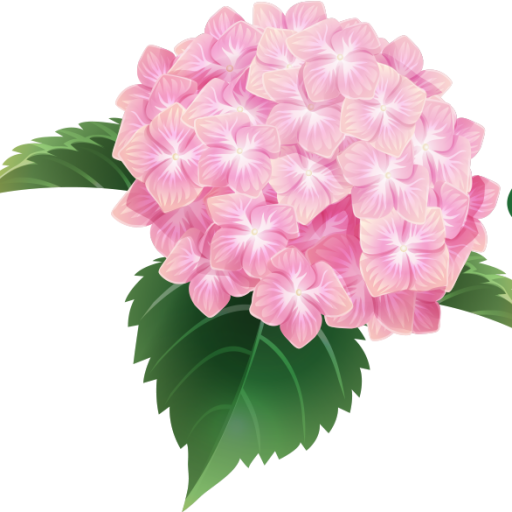The Penny McHenry Hydrangea Festival, Garden Tour and Flower Show Executive Committee Announces the Festival will not be presented in 2025.
The Penny McHenry Hydrangea Festival, Garden Tour and Flower Show Committees would like to thank everyone who visited the festival over the past 16 years, as well as a big thank you to all volunteers who made the festival possible. It has been a wonder 16 years experience for us all.
